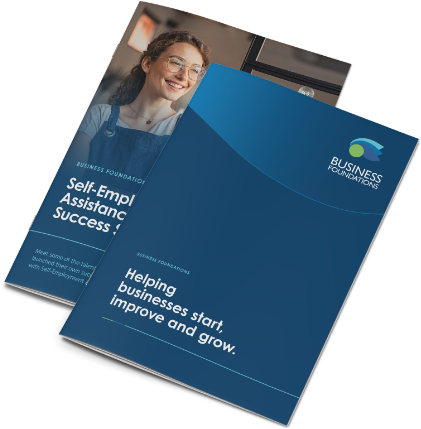Wage Theft Is Being Criminalised: How Payroll Software Can Ensure Your Compliance
April 5, 2024
Using payroll software can help your business keep accurate payroll records, but there are risks you need to be aware of to ensure compliance.
The Federal Government has passed the Fair Work Legislation Amendment (Closing Loopholes No. 2) Act 2024. This legislation will make it a criminal offence to deliberately underpay workers, with a maximum penalty of 10 years imprisonment and maximum fines of up to $7.8 million – or three times that amount if the sum that was underpaid exceeds the maximum fine.
It is important to note that criminal penalties won’t apply to businesses who make honest mistakes, and that pathways will be available for businesses who self-report and take reasonable steps to repay the correct amount.
How Payroll Software Can Help
With the increased risk of penalties under the new legislation, manually managing your payroll will not only cost you time – it may also risk making mistakes. The shift from manual to digital payroll methods is paramount for ensuring efficient, timely and accurate calculations with less risk of human error.
Digital payroll software utilises automated systems to create calculations of wages, superannuation, and payroll tax. Payroll software can also record the hours your employees worked and leave entitlements. These automatic calculations can alleviate the burden of manually calculating the correct pay and entitlements owed to your employees.
The Risks You Need To Be Aware Of
The benefits of utilising payroll software in your business cannot be understated, however that does not mean that you should solely rely on the payroll software. In order to avoid issues of non-compliancy, it is imperative that your business, employees and payroll team stay informed and are educated on the latest information regarding the Australian payroll legislation requirements.
Whether you are starting or switching to a digital payroll software, you must get the correct employee information such as an employee’s Tax File Number (TFN), superannuation and bank account details. To avoid obtaining the incorrect information and uploading that to your payroll software, your business should conduct thorough audits to ensure it is correct before that information is carried across to the payroll software.
You must also ensure that you keep a detailed record of any and all payroll processes, documents and employee information, even with the use of technology. This will ensure you always have a backup of your records for audits and if an underpayment claim has been raised against you.
Keeping up with the latest software can safeguard against non-compliance and automates processes and calculations. Engaging with a specialist in digital migration and technologies may be beneficial in assisting your business in the transition to or between payroll software.
To get advice and support about helping your business go digital, visit out Digital Solutions website.
Acknowledgement Of Country
Business Foundations acknowledges the traditional custodians throughout Western Australia and their continuing connection to the land, waters and community. We pay our respects to all members of the Aboriginal communities and their cultures; and to Elders both past and present.
Victoria
The Commons
80 Market Street,
South Melbourne VIC 3205
admin@businessfoundations.com.au
Western Australia
Wesley Central
2 Cantonment Street,
Fremantle WA 6160
admin@businessfoundations.com.au


Get In Touch
Have a question or to find out how we can help you, please get in touch.






